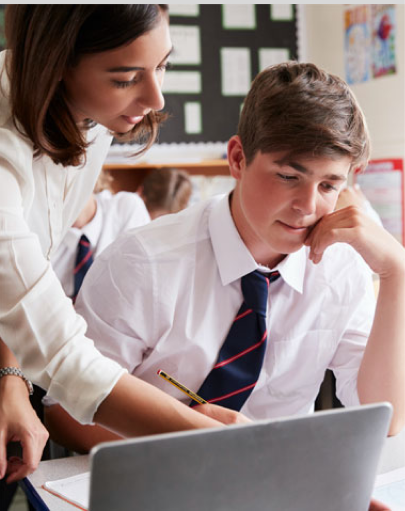eSmart Media Literacy Lab is an innovative and accessible learning tool using gamification principles to engage enquiring minds. It helps to equip students, aged 12-16, with essential knowledge and skills to support critical thinking and civic participation in today’s digital age.
Students are encouraged to reflect on how they engage with media, consider sources of information, and analyse the techniques used by creators of the media they consume. The Media Literacy Lab emphasises the role of positive digital citizens in creating content responsibly and being effective voices and proactive online participants.
Did you know, young Australians read almost half of their news stories on websites and the other half on their social media feeds?
Without media literacy knowledge and skills, they can be more susceptible to online harms like disinformation and the many faces of hate speech.
Media literacy is defined by the Australian Media Literacy Alliance as the ability to critically engage with media in all aspects of life. It involves the ability to access, analyse, evaluate and create media in a variety of forms and is seen as a crucial form of lifelong learning and literacy that is necessary for full participation in society.
eSmart Media Literacy Lab is designed to build essential media literacy knowledge and skills in Australian students and support teachers in the classroom through teaching resources and activities and professional learning opportunities.
Media Literacy Lab is underpinned by the eSafety Commissioner’s Best Practice Framework for Online Safety Education, an evidence-based best practice framework for a nationally consistent approach to online safety education in schools.
The eSmart Media Literacy Lab is supported by the Commonwealth Government Department of Infrastructure, Transport, Regional Development, Communications and the Arts.


Download the eSmart Media Literacy Lab Product Manual for more information on:
We are excited to release the first of our new modules to students in years 7 to 10. These modules will help students understand Fact and Opinion, explore how media is constructed, and learn about media agendas and biases.
Further modules for each year level will continue to be released throughout 2023, so check back regularly for new content.
To make eSmart Media Literacy Lab as relevant and engaging as possible, we are seeking the input of users for these new modules- please contact us with your feedback and requests.